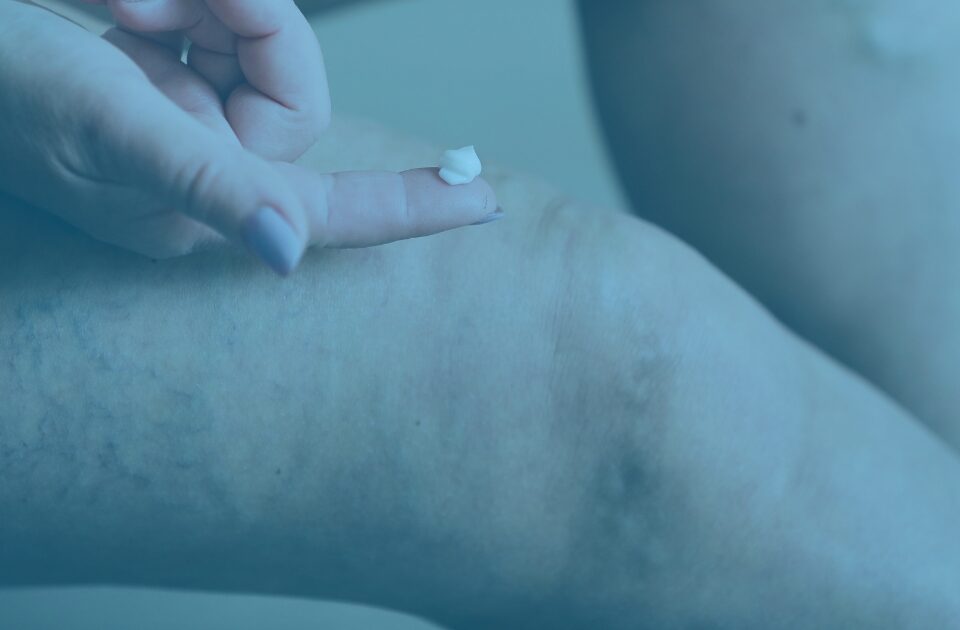
What Is Informed Consent in a Clinical Trial? Everything you need to know
January 15, 2025
Opportunity to participate in a Clinical Trial on Heart Failure in Cape Coral and Fort Myers
January 30, 2025In medical research, placebos are essential tools for evaluating the effectiveness of new treatments. If you’ve ever wondered what a placebo is and why it plays such an important role in clinical trials, this article explains it in a clear and straightforward way.
What Is a Placebo?
A placebo is a substance or treatment that doesn’t contain any active ingredients with therapeutic effects. It can take the form of a pill, an injection, or even a cream that looks identical to the actual treatment but has no medicinal properties. For example, a sugar pill that resembles a medication is a common type of placebo.
The purpose of a placebo isn’t to cure or treat a disease but to serve as a comparison point for evaluating the real effects of the treatment being tested. This allows researchers to identify whether the observed outcomes in patients are due to the medication or other factors.
Why Are Placebos Used in Clinical Trials?
The use of placebos in clinical trials is crucial because they help ensure that the results are reliable and objective. Here are the main reasons:
- Distinguishing the Effect of the Actual Treatment
When a participant receives treatment, their health can improve for several reasons:- The effect of the medication.
- Psychological factors, such as the expectation of feeling better (known as the “placebo effect”).
- Natural changes in the disease or condition.
By including a group of participants who receive a placebo, researchers can compare the results to those of participants receiving the active treatment and determine which improvements are truly attributable to the treatment.
- Reducing Bias
Clinical trials are often double-blind, meaning that neither the participants nor the researchers know who is receiving the placebo or the active treatment. This prevents expectations from influencing the outcomes and ensures that the data collected is unbiased. - Assessing Safety and Effectiveness
Placebos establish a standard for measuring the benefits and potential side effects of the medication. If the group receiving the treatment shows significantly greater improvement than the placebo group, it indicates that the treatment may be effective.
Is It Ethical to Use Placebos in Clinical Trials?
The use of placebos in clinical trials is governed by strict ethical guidelines. For instance, a placebo can only be used if no approved treatment exists for the condition being studied. Additionally, participants must be fully informed and provide their consent before joining the trial.
Ethics review boards oversee each study to ensure that risks are minimized and that the potential benefits justify the use of placebos.
Practical Example of Placebo Use
Imagine a new medication is being tested for chronic pain:
- One group of patients receives the actual medication, while another group receives a placebo.
- Neither group knows who received the real medication.
After a certain period, researchers evaluate the pain levels in both groups. If the group with the medication shows a significantly greater reduction in pain compared to the placebo group, it can be concluded that the medication is effective.
Conclusion
The use of placebos in clinical trials is fundamental to ensuring that new treatments are safe and effective. While placebos have no therapeutic properties, they play a critical role in advancing medicine by helping researchers separate the true benefits of a treatment from other factors.
If you’re considering participating in a clinical trial, remember that your involvement is valuable not only to you but also to the advancement of science and the improvement of healthcare for future generations. As always, make sure to ask any necessary questions and fully understand the study before participating.




